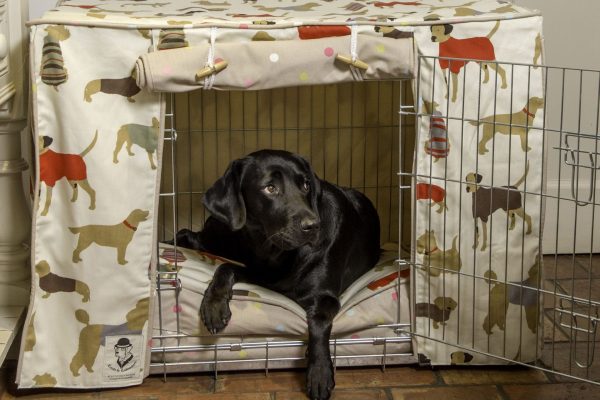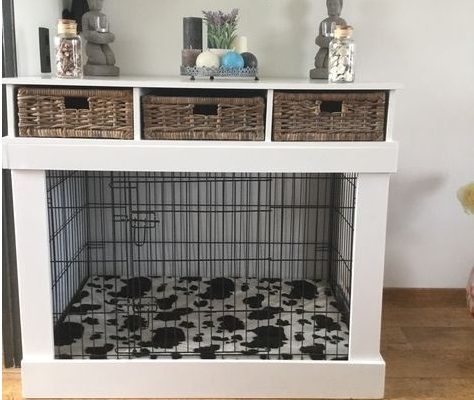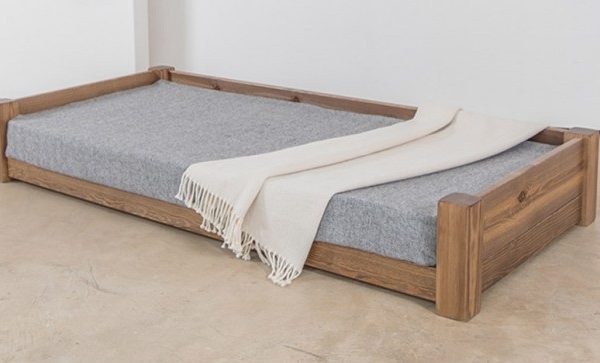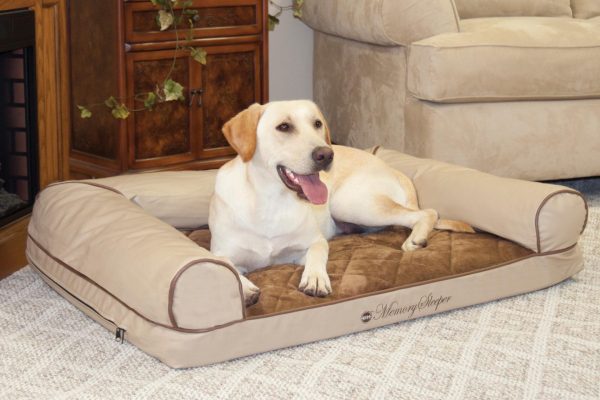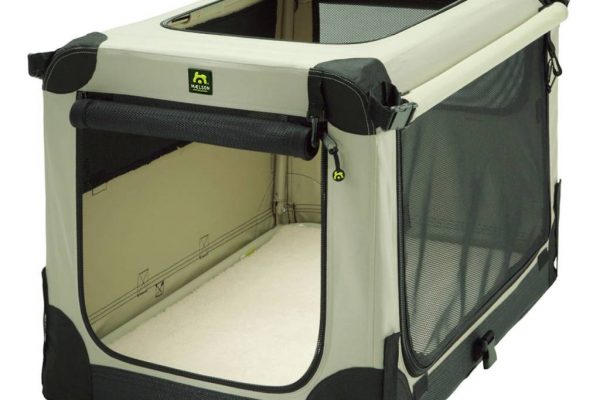Bringing your puppy to its forever home is a wonderful feeling!
Allow the puppy to quietly explore and become familiar with the new surroundings when you arrive home. Don’t crowd or corner the puppy, nor go to him – let him come to you when he has finished looking around.
Show him where his bed is. Please place the litter blanket we have provided on the puppy’s bed straight away. This will make the puppy feel at home in his bed as it has his littermates scent on it. The bed area should be warm and dry, free from draughts, in a quiet area. Puppies instinctively like to huddle under, in, or near the corner of something, similar to in nature being in a den, log, or something protective.
We believe in crate training and encourage you to explore crate training. Done right, crate training is possibly the best thing you will ever do for your puppy and you will see how much he loves it. The crate becomes his ‘safe-haven’ and ‘den’ where he relaxes, sleeps, and goes for quiet time. It also expediates toilet-training. See our Training and Behaviour and Crate Training page for crate training tips.
Start sleeping him where he is always going to sleep. Don’t allow him to sleep on your bed even ‘just for one night’ unless you wish him to sleep there permanently. Human beds are not a place for puppies, since jumping on and off the bed is extremely bad for their joints. Consider sleeping him near your bed, until he is toilet-trained, as he will wake for toilet trips in the night.
Puppies become tired easily and should be left undisturbed when resting. Constantly waking a sleeping puppy can stunt their growth, since their bodies grow and repair while they are sleeping. Waking a sleeping puppy can also cause changes to their temperament, where they can end up becoming anxious and insecure about going to sleep, leading to an unsettled, insecure and even badly-behaved dog (think about an overly-tired child). Signs your puppy is tired include starting to misbehave, whimpering, and throwing tantrums.
Your puppy is still a baby and for the last 8 weeks of its life had littermates to snuggle with, keep warm, and learn boundaries. You are now his family. If your puppy cries when you first leave him alone, a ticking clock representing his mother’s heart beat might comfort him or a warm (not hot) water bottle wrapped in a towel or blanket can help keep him comfortable. On the other hand, if a puppy is too warm he can also get upset. You might also play quiet relaxing music for the puppy or leave the talk-back radio on when you leave the house.
Please visit our Crate Training and Toilet Training page for more information about housing and why we explain crate training.
Bed ideas that work for labradors . . . .
